Neutering isn’t just about population control — it can have a meaningful impact on your dog’s behavior, long-term health, and quality of life. If you’re unsure whether it’s time to neuter your male dog, paying attention to specific behaviors and medical signs can help you decide.
In this blog, we’ll explain what neutering involves, how it benefits your dog, and the key signs your dog needs to be neutered — according to veterinary professionals.
What Is Neutering?
Neutering is a surgical procedure that removes a male dog’s testicles, eliminating his ability to reproduce. The process is quick, safe, and typically performed under general anesthesia.
More importantly, neutering also reduces the production of testosterone, which can influence your dog’s behavior and susceptibility to certain health conditions.
Why Neutering Is Recommended by Vets
Veterinarians often recommend neutering because of its proven health and behavioral benefits. These include:
- Reducing the risk of testicular cancer and prostate issues
- Minimizing aggressive or dominant behavior
- Preventing accidental pregnancies and overpopulation
- Decreasing territorial urine marking
- Lowering the urge to roam or escape the house
It’s important to note that each dog is unique, and the decision to neuter should always involve a thorough consultation with your veterinarian.
7 Clear Signs Your Dog Needs to Be Neutered
Here are some of the most common signs vets look for when recommending neutering:
1. Mounting or Humping Other Dogs, People, or Objects
Frequent or inappropriate mounting is often hormone-driven and can become a behavioral issue if left unchecked. While some dogs hump out of excitement or stress, if it’s a regular habit, neutering may help reduce this behavior.
2. Marking Territory Indoors
If your male dog is lifting his leg on furniture, walls, or personal belongings, he may be marking his territory due to high testosterone levels. Neutering can significantly reduce or even eliminate this behavior, especially if done early.
3. Excessive Roaming or Escaping
Dogs that are intact (not neutered) often try to escape the house or yard in search of a mate. This increases their risk of getting lost, hit by a car, or injured in a fight. Neutering can reduce the instinct to roam.
4. Aggressive or Dominant Behavior
While not all aggression is hormone-related, intact males can be more prone to resource guarding, fighting with other dogs, and displaying dominant behavior. Neutering often helps reduce these tendencies over time.
5. Testicular Swelling or Health Concerns
Visible testicular abnormalities like swelling, lumps, or inflammation may indicate serious medical issues, including cancer. In such cases, neutering is often recommended as both a treatment and a preventive measure.
6. Constant Obsession with Female Dogs
If your male dog becomes anxious, refuses to eat, or shows obsessive behavior when a female in heat is nearby, neutering may help balance his behavior and reduce stress—for both you and your pet.
7. Difficulty Focusing During Training
Some intact males struggle with training because their hormone levels make them more easily distracted. Neutering can help improve focus, especially in younger dogs going through basic obedience programs.
What to Expect After Neutering
Neutering is a routine procedure, but recovery still matters. Here’s what you can expect:
- Mild drowsiness or fatigue in the first 24–48 hours
- Restricted activity for 7–10 days to allow proper healing
- Use of a cone (Elizabethan collar) to prevent licking the incision
- Behavioral changes may take a few weeks as hormones adjust
At Yorkson Creek Veterinary Hospital, we provide clear instructions, aftercare support, and follow-up appointments to make recovery smooth and safe.
When to Consult Your Vet
Neutering isn’t always one-size-fits-all. Factors like breed, age, size, and health conditions can influence the right time to neuter. Large breeds, for instance, may benefit from waiting a bit longer due to joint development concerns.
That’s why a personalized consultation with your vet is essential. We can assess your dog’s health, behavior, and long-term needs to make the best recommendation.
Ready to Take the Next Step?
If your dog is showing one or more of these signs, it might be time to consider neutering. At Yorkson Creek Veterinary Hospital, our experienced team offers compassionate care and expert surgical services — all in a friendly, pet-first environment.
📞 Call us today at (604) 510-7387 to speak with a vet, or
📋 Fill out our appointment form and we’ll get in touch to schedule your visit.
Your dog deserves a healthy, balanced life. Let’s help them get there.
